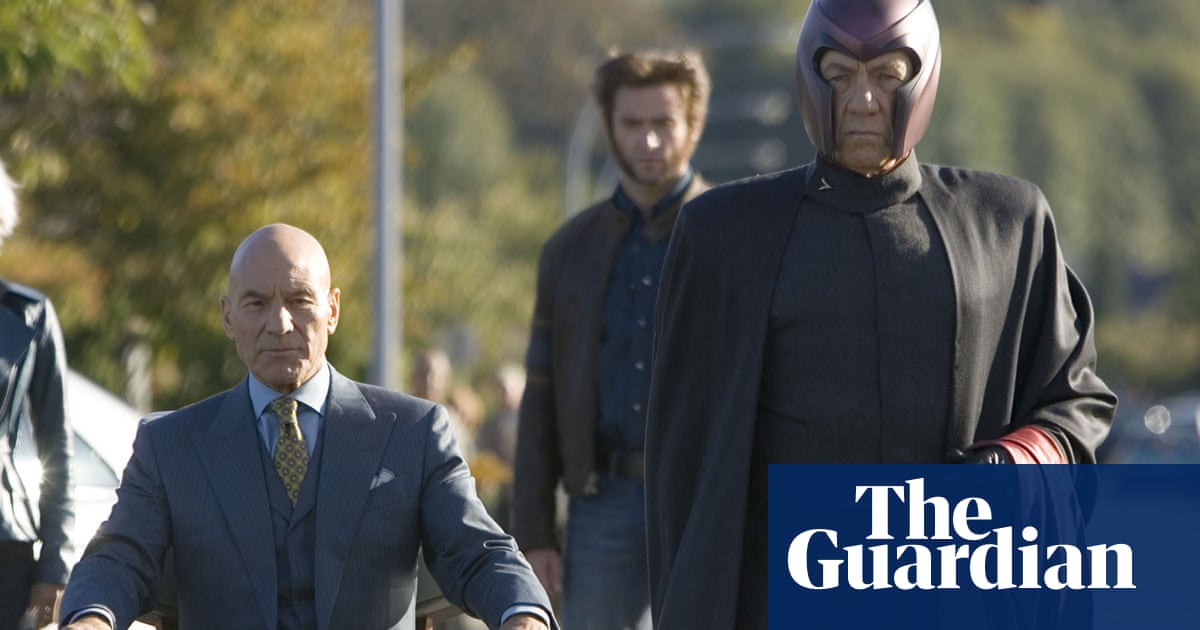Supreme Court Case on Birthright Citizenship
The debate over birthright citizenship is heating up at the U.S. Supreme Court. This case could shape immigration policies and presidential powers for years.
President Trump aims to end birthright citizenship, arguing that children born in the U.S. to undocumented immigrants shouldn’t automatically be granted citizenship. He signed an executive order on his first day back in office in January, but three federal judges quickly blocked it. They believed the courts have the authority to issue nationwide injunctions against Trump’s directives.
If the Supreme Court sides with Trump, he may gain more power to use executive orders without needing Congress’s green light. This could let him push through more of his campaign promises without much judicial pushback.
Interestingly, the Supreme Court rarely holds hearings in May, and we still don’t know when they will make a ruling. Trump appointed three justices to the court during his first term, which could play a significant role in the outcome.
Many legal experts argue that the president doesn’t have the authority to alter the 14th Amendment, which guarantees citizenship to anyone born or naturalized in the U.S. Even if Trump wins this round, other legal challenges could still arise. The debate centers around the phrase "jurisdiction thereof" in the Amendment, which Trump interprets to mean that children of undocumented immigrants aren’t included.
Federal judges in Maryland, Massachusetts, and Washington issued wide-ranging injunctions against Trump’s order. The administration now claims that these judges overstepped their bounds by imposing universal injunctions, which they argue have become "epidemic."
A recent Justice Department official stated that such court rulings hinder Trump’s policy efforts and view them as a direct attack on presidential power. This case involves lawsuits from immigration advocates and 22 states.
The Trump administration wants the court to limit these injunctions to only those involved in the lawsuits, allowing them to enforce parts of the order, while legal disputes rage on. Since Trump’s second term began, nearly 40 injunctions have been filed against his policies.
The implications of this case are profound. If birthright citizenship ends, it could put tens of thousands of children in limbo, possibly making them undocumented or even stateless. Immigration lawyer and professor Alex Cuic warns that some of these children could find themselves without a country to call home if their parents’ nations refuse to accept them.
Overall, this case isn’t just about citizenship; it’s about the balance of power between the presidency and the courts. The American public is watching closely, aware that the stakes are high for tomorrow’s generations.





















